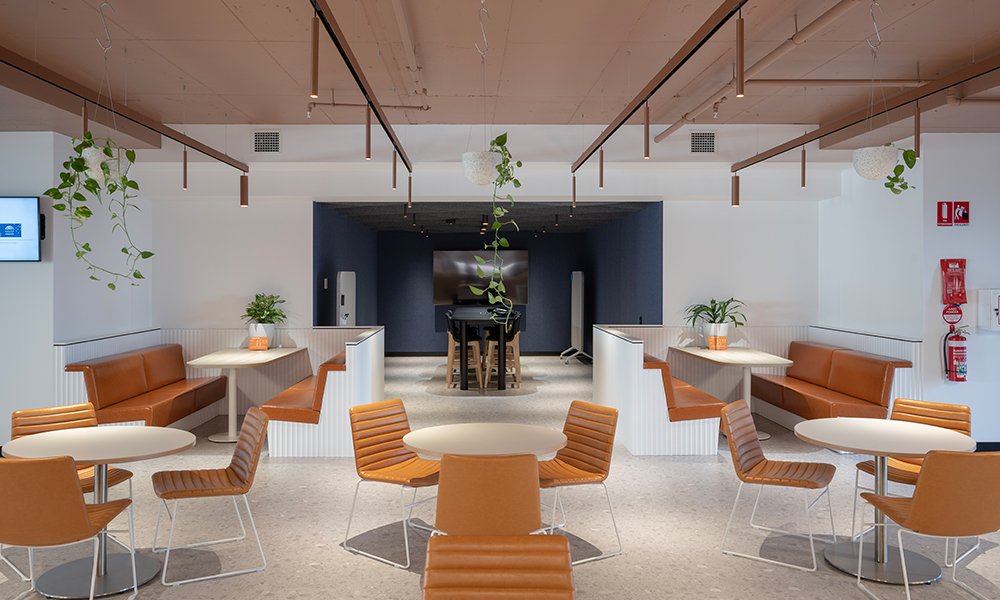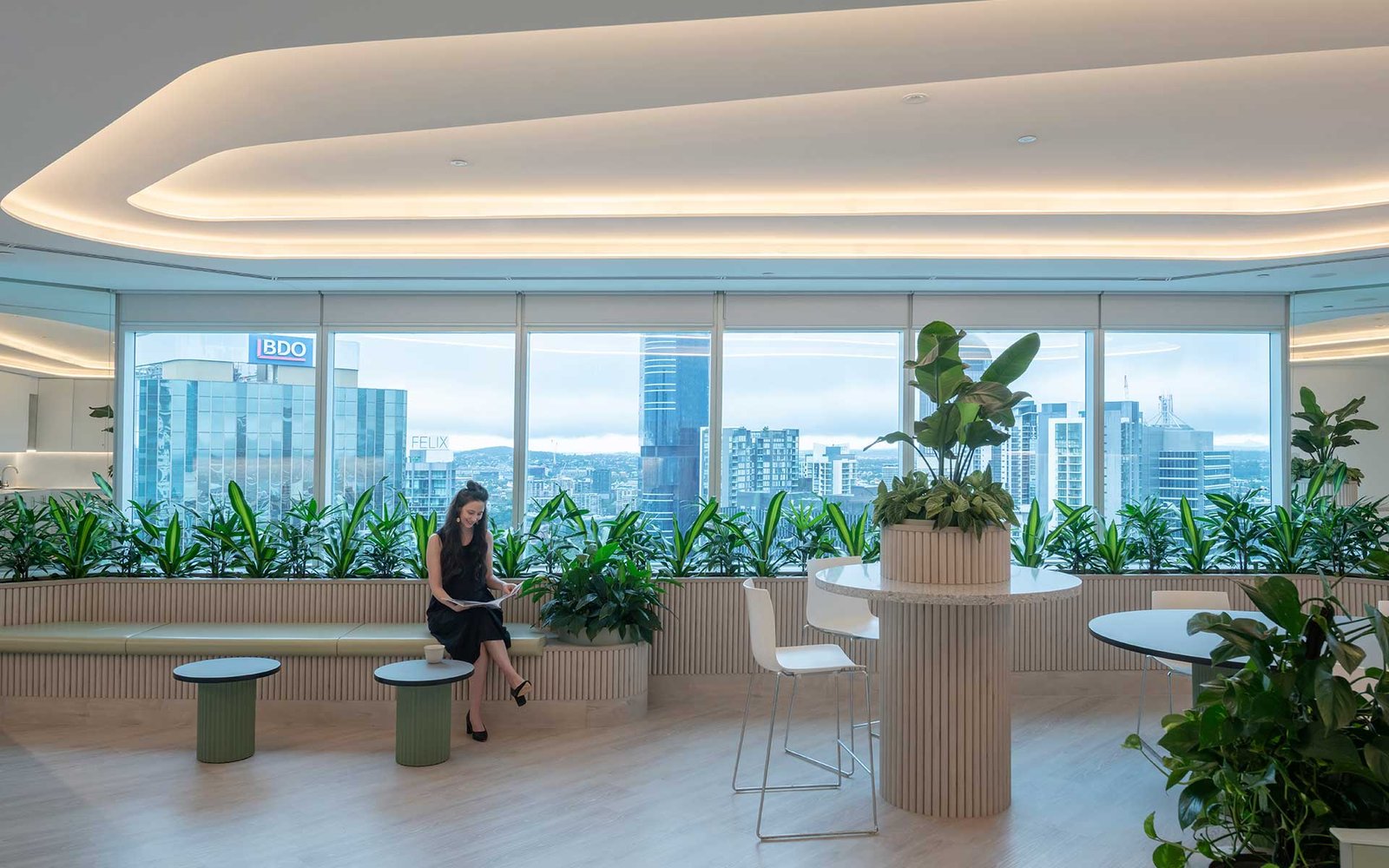In 2024, the future of work will continue to be shaped by ongoing technological advancements and evolving workplace dynamics.

Remote work will continue to be prominent, with a hybrid work model either gaining traction or in decline due to rising unemployment and increased competitive tension around the labour market. AI will play a pivotal role, automating routine tasks while emphasizing the importance of human-centric skills like creativity and adaptability.
Companies will prioritise employee well-being, implementing mental health initiatives and fostering a supportive work culture to attract staff back into the office.
Upskilling and continuous learning are integral as industries undergo rapid transformations. Collaborative tools and virtual reality enhance remote collaboration, transcending geographical boundaries.
Diversity, equity, and inclusion take centre stage, promoting a more representative workforce. Sustainability becomes a key focus, with organizations integrating more eco-friendly practices into their operations.
Government policies are looking to adapt to accommodate the changing nature of work, addressing issues like gig economy regulations and AI. As organizations navigate uncertainty, agility becomes a core competency. Strategic planning incorporates resilience to external disruptions, ensuring adaptability in an ever-evolving landscape. The future of work in 2024 is a dynamic ecosystem where technology, human-centric values, and adaptability converge for sustainable success.
Although, for the first time in several years, the balance of power will shift ever so slightly from the employee to employers.





